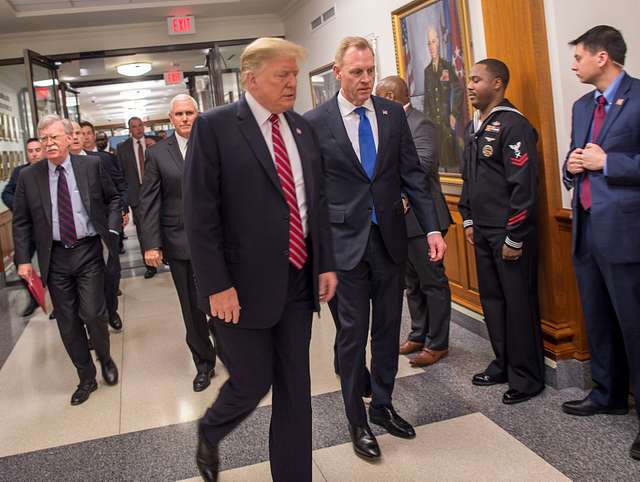In the aftermath of the September 11, 2001, attacks, the United States made significant changes to its national security framework. Key among these was the merger of the U.S. Customs Service and the Immigration and Naturalization Service, leading to the establishment of Immigration and Customs Enforcement. The FBI evolved into a counterterrorism agency, shutting down its Violent Crimes Programs and discontinuing its Drug Program. The most prominent change was the formation of the Department of Homeland Security (DHS), all under the mantra of “Never Again!”
As we consider the recent attempts to assassinate a Presidential candidate, we must ask whether we should adopt a similar approach: “Never Again.” If this is the case, it is essential to implement critical reforms within the government agency tasked with this responsibility.
Professionals in Executive Protection, such as those in the United States Secret Service, should focus their mission on minimizing risk to the dignitaries they protect. Understanding risk can be encapsulated in the formula: Risk = Threat x Vulnerability x Impact. By dissecting these elements, we can refine our operational strategies and identify necessary resources.
Evaluating Risks
As we evaluate the risks associated with a Trump presidency, we must adopt a comprehensive perspective. This includes analyzing the potential impact of a Presidential assassination, assessing the current threat level based on recent incidents, and perhaps most crucially, examining the vulnerability of the President concerning the effectiveness and resource allocation of the United States Secret Service (USSS). This discussion is not intended as a critique of USSS personnel but rather an evaluation of the agency’s readiness and resource distribution in a high-threat climate.
Having served in the USSS Uniformed Division and as a Special Agent, I have confidence in the caliber of personnel and the rigorous standards upheld for security roles. As a professor at the College of Business, Security, and Intelligence (CBSI) at Embry-Riddle Aeronautical University, I have guided many students toward careers in both the Uniformed Division and as Special Agents within the USSS. I can vouch for their ability to meet the demanding fitness, written, and polygraph testing requirements, as well as the interview process. They are dedicated professionals serving the agency effectively.
The restructuring of the FBI in the aftermath of the terror attacks of 9/11, was to provide an agency laser-focused on the prevention of a future attack. The changes in the Bureau entailed the creation of a multi-agency task force in each of the FBI’s 56 field offices, the now-established and recognized Joint Terrorism Task Force or JTTF.
Along with the JTTFs, the FBI established the first-ever Domestic Intelligence Program and Directorate of Intelligence (DI) to operate much like Britain’s MI-5. The role of the DI is to collect intelligence on Foreign Terrorist Organizations (FTO) operating in the U.S. as well as identify U.S. citizens supporting the FTOs. These changes caused the elimination of some of the FBI’s criminal programs, which were considered necessary and effective. The success has been significant to our counterterrorism and national security capability.
Final Thoughts on Protecting President Trump
The USSS has a rich and diverse history, including federal investigations into white-collar crime, U.S. currency counterfeiting, identity theft, and more recently, cybercrime—areas that could be handled by partner federal investigative agencies. Considering the comprehensive restructuring of U.S. national security agencies post-9/11, is it time to similarly reform the United States Secret Service as they continue protecting President Trump in a new era of executive protection?
About the Author
Steve Hooper is a Professor of Global Security at Embry-Riddle Aeronautical Engineering University’s College of Business, Security, and Intelligence in Prescott, AZ. He is also the founder of Tripwire Security Solutions. LLC a training and consultancy on all facets of Crisis Management and Safety and Security.
Professor Hooper retired after a 30-year career with the Federal Bureau of Investigation. His career included executive management in Counterterrorism and Counterintelligence. Professor Hooper also has extensive experience in Crisis Management and Tactical Operations.
Prior to the FBI, Professor Hooper was a Special Agent with the United States Secret Service and a patrol officer in Dover, NH.
Professor Hooper received a bachelor’s degree in criminal justice from St. Anselm College, Manchester, NH and a Master’s Degree in Criminal Justice/Homeland Security from St. Joseph’s University, Philadelphia, PA. He also attended the Marshal School for European Security Studies in Garmisch Germany and The Kellogg School of Business at Northwestern University. Professor Hooper is a Certified Protection Professional (CPP) and Threat Manager.

